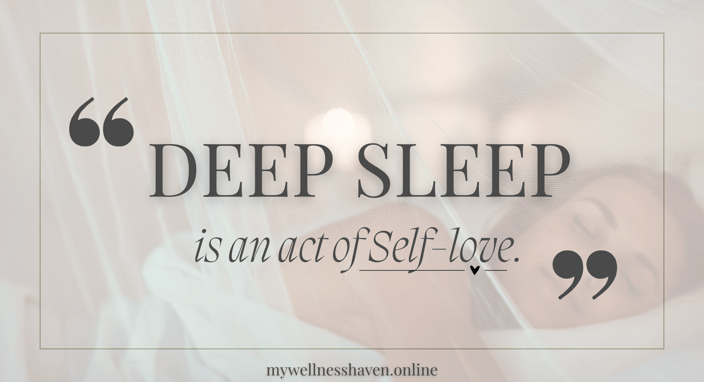💛 Just posted: Gut Health Reset: Gentle Habits to Help You Feel Like You Again → Read Now
The Surprising Power of Deep Sleep on Your Mind — and Heart
5/30/20254 min read
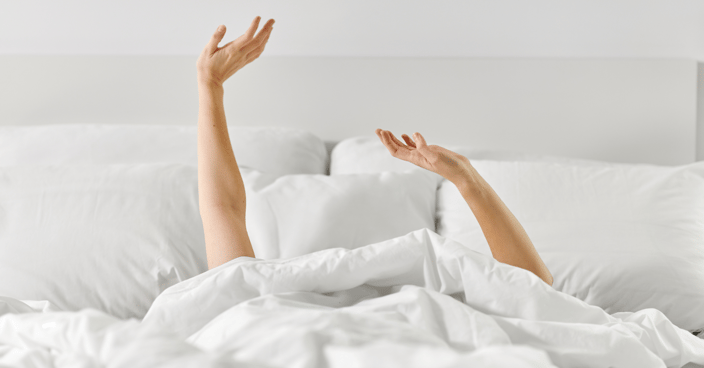

There was a time in my life when I thought pushing through exhaustion was a sign of strength. But deep sleep — the kind your body really needs — changed everything for me.
If you’ve read my recent post about Java Burn — and how others have experienced surprising benefits like better sleep — you’ll understand why this topic feels so personal.
I used to wake up groggy and moody, no matter how early I went to bed. Just the idea of a natural way to support deeper rest caught my attention. Because imagine waking up and actually feeling like you slept.
That shift alone can change everything — your mood, your focus, even how you show up for the people you love.
Let’s talk about why deep sleep isn’t just a luxury. It’s essential self-care.
What Is Deep Sleep, Really?
Deep sleep — also called “slow-wave sleep” — is the stage where your body and brain go into full restoration mode. It’s when:
Your muscles repair and rebuild
Your immune system strengthens
Your brain clears out waste and locks in memories
Stress hormones like cortisol go down
That hit me like a wake-up call.
This isn't meant to scare you — it's meant to remind you (and me) that sleep is not optional. It’s protective. It’s healing. It’s deeply loving self-care.
(They even include a short, powerful video on the page — it’s worth watching if you want a visual breakdown!)
How to Sleep Better Naturally (and Boost Deep Sleep)
Here are a few simple practices that made a big difference in my sleep quality — and my life:
Think of it as your body’s nightly detox and repair session.
And if you’re not getting enough of it?
You might feel it as brain fog, mood swings, sugar cravings, and frequent illness — even if you think you're sleeping “enough.”
The Science Backs It Up
Getting less sleep here and there might not seem like a big deal. I used to shrug off a few late nights, thinking I could “catch up” on the weekend.
But according to The Independent, even just three nights of restricted sleep — around four hours a night — can start to harm your body in ways you may not notice right away.
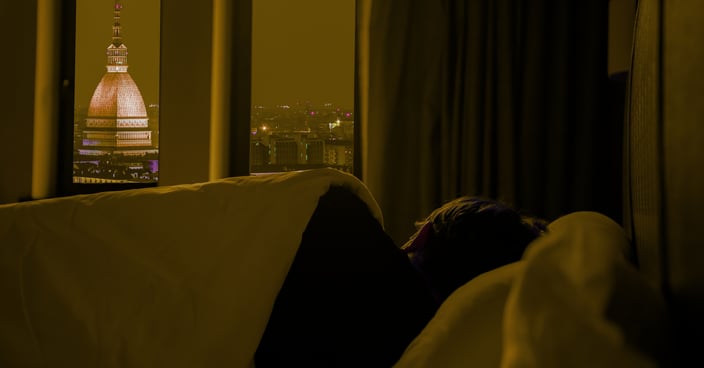

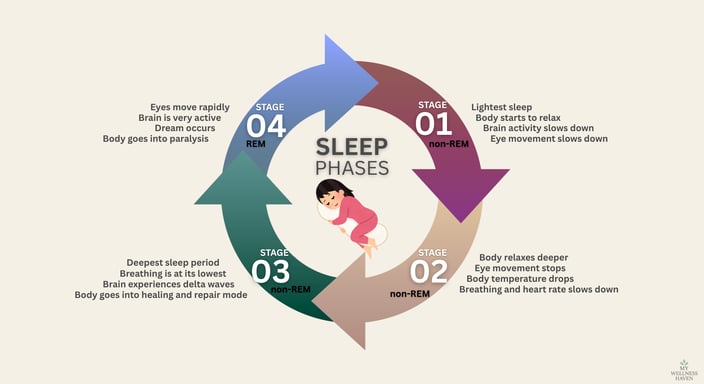

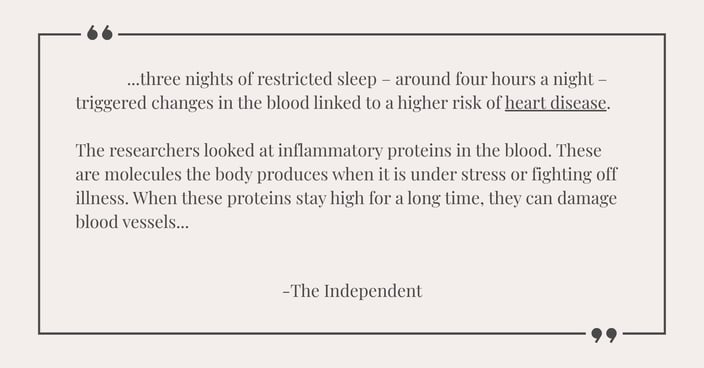

🌙 1. Say no to late-night scrolling
Blue light from screens can mess with melatonin, your sleep hormone. I unplug an hour before bed and either journal or sip tea — my nervous system loves it.
🕯️ 2. Create a wind-down routine
Same steps, same time every night. A warm shower, some lavender oil, and gentle stretches let my brain know it’s time to slow down.
🌘 3. Make your bedroom dark and peaceful
I started dimming the lights early in the evening and using blackout curtains. Darkness tells your brain it’s time to sleep — and it really works.
📖 4. Read or listen to something calming
Sometimes I’ll read a few pages of something uplifting or put on soft nature sounds or a gentle sleep story. It’s like tucking my thoughts in for the night.
🍵 5. Try gentle support like Java Burn
In my recent post about Java Burn, I shared what I’ve learned from others who’ve used it — many mention how it not only supports metabolism, but also brings a surprising calm that helps ease them into sleep.
The stories aren’t dramatic, but they’re consistent.
And honestly? That kind of subtle, steady support is what drew me to learn more.
🧘 6. Reduce stress before bedtime
A peaceful night starts during the day. Morning walks, deep breathing breaks, and limiting caffeine after lunch keep my system more balanced when it’s time to sleep.
The Hidden Signs of Poor Deep Sleep
You might not realize your body is missing out on deep rest. Here are some red flags I ignored for too long:
Waking up tired after 7–8 hours
Feeling irritable or anxious without knowing why
Struggling to focus or remember things
Always reaching for another cup of coffee
Sound familiar? You're not lazy or unmotivated — your body might just need more real rest.
Let’s Normalize Rest as Self-Care
You don’t have to earn your rest. You don’t need to do more to deserve it.
What Helps You Sleep Better?
I’d love to hear from you. Drop a comment below or message me directly. Your go-to sleep tips might be exactly what someone else needs to read today.
And if you’re curious about what others say has helped them sleep deeper — and even support stubborn belly fat loss at the same time — I shared more in my honest Java Burn review. No pressure, just passing along what I’ve learned.
Until next time, sleep well. You’re worth every peaceful minute. 💛
💤 Quick FAQ: Deep Sleep and You
Q: How much deep sleep do adults need?
Most adults need 7–9 hours of total sleep per night. Of that, about 1.5 to 2 hours is usually spent in deep sleep — the stage that restores your body and supports healing.
Q: What happens if you don’t get enough deep sleep?
Chronic lack of deep sleep can affect memory, immunity, mood, and increase your risk of serious health issues like heart disease.


